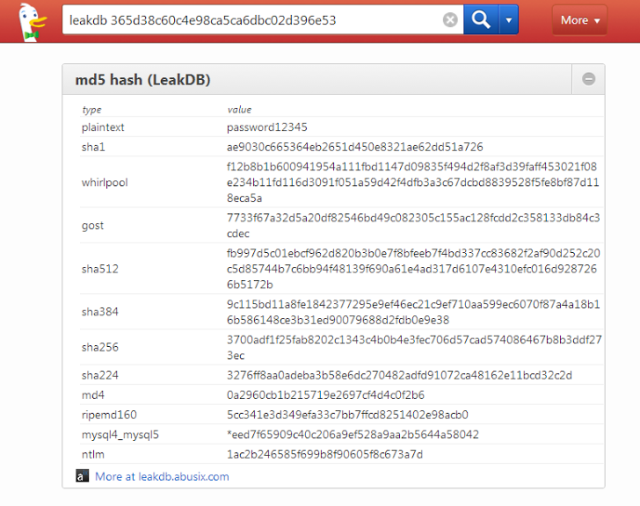Again a top secret revelation from the Snowden’s Desk! A new document retrieved by the whistleblower Edward Snowden shows that the Canadian spy agency is tracking airline travelers even days after they left the terminal, just by capturing their device identification from the free Wi-Fi service at a major Canadian airport.
CBC News reported that the US Intelligence agency worked with its counterpart Communications Security Establishment Canada (CSEC) in Canada, and slurped information from the free Internet hotspots to track anyone who passed through the airport terminal, and could be tracked throughout the country by cross-referencing it with the intercepted information from Wifi at cafes, libraries and other public places, although it is not clear that they were tracking only the users who logged-in to the WiFi services or not.
But It is also possible that one can capture the MAC addresses of all the available devices within the range of a Wi-Fi device (using some special tools like Aircrack-NG, a wifi hacking toolkit), even without making a login connection, where the MAC address of the traveler’s device represents its unique identification. Same capturing devices were implemented throughout the country in all public places, hotels, coffee shops and restaurants, libraries, ground transportation hubs, movie halls etc. to capture the MAC addresses.
Using a database of all collected MAC addresses from all over the country, it becomes possible for the spy agencies to track the location of a traveler by cross-referencing its unique identification i.e. MAC address.
The Document shows the federal intelligence agency was collecting MAC addresses also in the U.S. Airports, and literally at other thousands of public places in the U.S.
“The document makes it clear that CSEC intended to share both the technologies and future information generated by it with Canada’s official spying partners — the U.S., Britain, New Zealand and Australia, the so-called Five Eyes intelligence network.”
In a written statement provided by the CSEC to CBC news states that it is “mandated to collect foreign signals intelligence to protect Canada and Canadians. And in order to fulfill that key, foreign intelligence role for the country, CSEC is legally authorized to collect and analyze metadata.” They also added that, “No Canadian communications were (or are) targeted, collected or used.”
The author of the book Black Code: Inside the Battle for Cyberspace, Ronald Deibert said “I can’t see any circumstance in which this would not be unlawful, under current Canadian law, under our Charter, under CSEC’s mandates.”
The Document states that the “Passengers tracking operation” is the trial run of ‘game-changing’, a new software program that the CSEC was developing with the help of NSA (National Security Agency).
The country’s two largest airports, Toronto and Vancouver, both say they have never supplied CSEC or other Canadian intelligence agency with information on passengers’ Wi-Fi use.
Now this is why the most powerful Intelligence official in the United States told a Senate committee Wednesday that the National Security Agency leaker Edward Snowden is a hypocrite; he & his supposed accomplices should return any classified documents he still has.
via The Hacker News http://ift.tt/MDKmID

